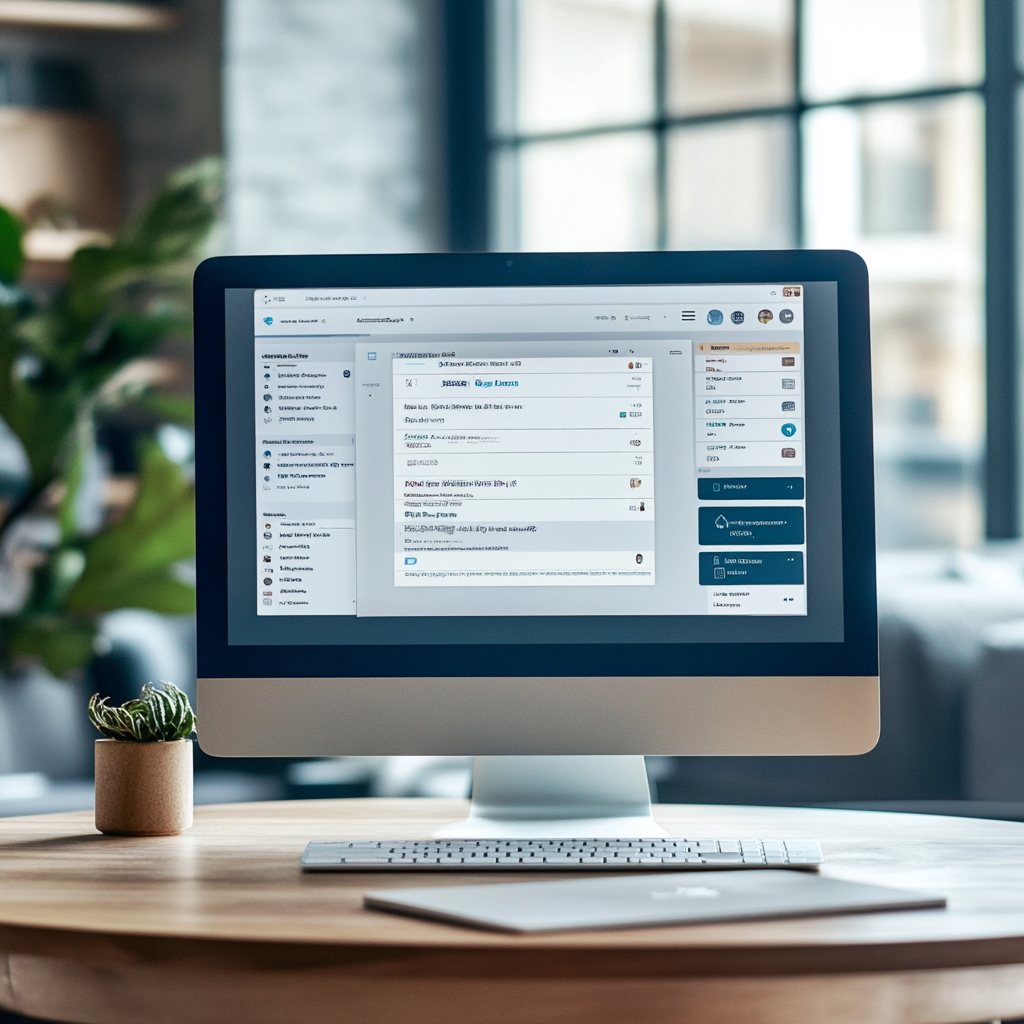How Chatbots Can Help You Qualify Immigration Clients
A chatbot can help you narrow down the right clients.


The Modern Law Firm series delves into how AI can streamline your law firm — whether it’s by saving you time and money, eliminating mistakes and redundancies or making your workflow more efficient.

Artificial intelligence tools can change the way you work. A chatbot, in particular, can provide 24/7 support — making it available far beyond your hours of operation. They can communicate with clients and answer questions when you’re off the clock. This means that as a law firm, particularly one dealing with immigration lawyers, you must that your chatbot won’t steer clients in the wrong direction.
One way to do that is to set parameters on what type of situations it can handle, like qualifying clients. Learn more about how to consider when using a chatbot.
3 Reasons Chatbots Are Useful to Your Firm
Chatbots can be very useful for your law firm. Here are a few reasons why:
1. Round-the-clock Availability
Unlike humans, chatbots do not need rest. Therefore, they can field client questions 24/7. This is useful because not everyone’s schedule can accommodate typical business hours.
2. Less Strain on Human Workers
Chatbots can handle easier tasks, giving human workers one less thing to worry about.
3. Faster Delivery
Chatbots can deliver information to clients quicker than a human worker can.
How A Chatbot Can Hurt Your Firm
If you don’t set up specific parameters, your chatbot may steer your clients in the wrong direction. Chatbots are not a replacement for lawyers. As Pradeek Susheelan, of Susheelan Law Firm, explains: “You want it to be answering things. At the same time, you don’t want it to be giving [it] people-making decisions. You don’t want to be liable to it. You don’t want it giving legal advice.”
This can spell trouble for your firm, whether that’s a client taking action against you or it affecting your standing with your state’s bar association.
How Noodle’s Chatbot Can Qualify Leads
Having your Noodle chatbot qualify leads can be useful. When potential clients reach out, you can have your chatbot begin to ask questions. As Lilia Alcaraz, of Alcaraz Tocchini LLP, says, “Whenever you have a chatbot and someone comes in and says, ‘Can I get a green card?’ you need to take them through the journey of let me ask you questions. ‘Are you married to a U.S. citizen’ [and so on]. So [it’s] not actually giving advice, but [it’s] taking them into a flow, a journey.”
Noodle also allows you to prompt customization so your chatbot can better serve your clients. For example, you can have it ask more questions to understand what stage of the journey the client is in, which means it can do a better job of trying to get a potential client to work with you.
Other Tips to Guarantee Your Chatbot Serves Your Clients
There are other things you can do so your chatbot is an asset to your team:
Limit its scope
Let your chatbot answer specific questions about specific topics. When it cannot answer, it can let potential clients know that a member of your legal team will reach out for further help.
Have the Chatbot Direct Clients to Lawyers
Your chatbot can let a client know that only a lawyer can provide legal advice and encourage it to direct people to the attorney. For example, it can tell the potential client that their type of question requires a lawyer since it would constitute legal advice. It can then direct them to set up an appointment.
Conduct a Regular Audit
Check that your chatbot is operating as it should on a regular basis. This helps you cover yourself.
Ask clients for feedback
Asking clients for feedback on the chatbot experience can ensure that this tool provides the best possible help.
